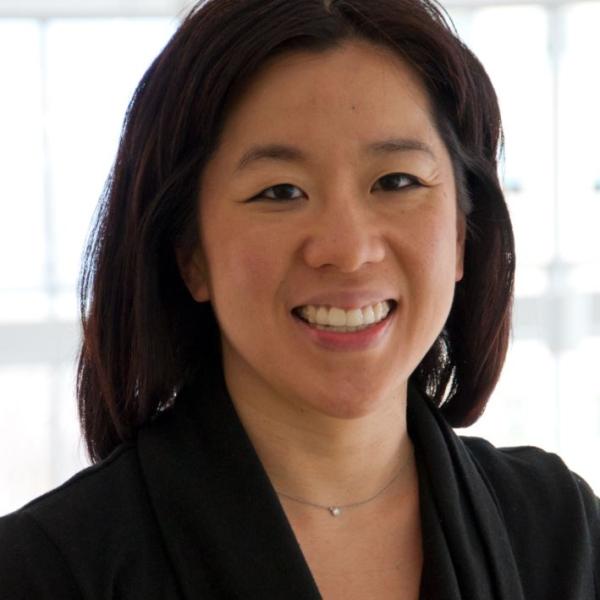Dr. Tania Lam
Professor
School of Kinesiology
Faculty of Education
Dr. Lam’s research focuses on the use of exercise and rehabilitation strategies to improve functional recovery after spinal cord injury. She has established a unique locomotion robotics laboratory employing a range of neurophysiological and biomechanical techniques to understand the neural control of human movement. Her research has included the development of innovative robotic-based protocols for gait training (using robotic-applied force fields) and assessments of sensory (proprioceptive) function in people with SCI. More recently, her lab has shifted focus to investigate the effects of overground exoskeleton gait training and other exercise-based interventions on pelvic floor muscle function, with potential benefits to genitourinary function in people with spinal cord injury. Her work focuses on understanding the neurophysiological control of the pelvic floor muscles with the aim of advancing rehabilitation-based therapies for this critical muscle group.

